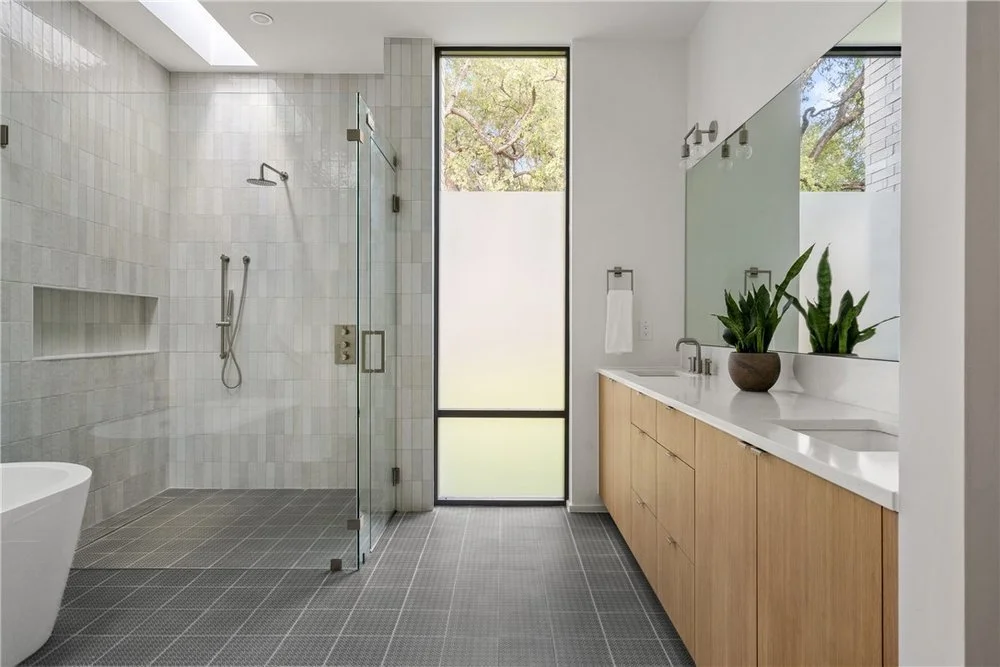
WHAT You Need To Know About A Deposit, Escrow, & Earnest Money
Investing in luxury real estate can be both exciting and daunting. With such a significant financial investment, it's crucial to understand every aspect of the buying process. In this comprehensive guide, we will take you through everything you need to know from a deposit in a real estate transaction to other important concepts, such as escrow and earnest money.
WHAT IS A DEPOSIT IN REAL ESTATE?
A deposit in real estate usually refers to a sum of money paid by the buyer to the seller at the time of entering into a contract to purchase the property. This deposit serves as a guarantee to the seller that the buyer is serious about the purchase and is willing to follow through with the transaction. The deposit is typically held in an escrow account until the sale is closed, and the funds are then released to the seller.
HOW MUCH IS A TYPICAL DEPOSIT IN LUXURY REAL ESTATE?
The amount of the deposit in luxury real estate can vary depending on various factors, such as the price of the property and the agreement between the seller and the buyer. Generally, the deposit can be between 1% and 10% of the purchase price of the property. In some cases, the buyer may negotiate a lower deposit with the seller, while in other cases, the seller may require a higher deposit to demonstrate the buyer's commitment to the sale.
WHAT IS ESCROW?
Escrow is a process in which a neutral third party holds onto the funds and documents needed to complete a real estate transaction. When a buyer and seller agree to a purchase and sale agreement, the buyer will typically deposit funds into an escrow account held by a title company or escrow agent. The escrow agent will hold onto these funds until all conditions of the sale have been met, such as a satisfactory home inspection, and the sale is ready to close.
WHAT IS EARNEST MONEY?
Earnest money is an amount paid by the buyer to demonstrate their intention and willingness to purchase the property. This money is typically a part of the deposit and is held in an escrow account until the sale is closed. Earnest money usually accounts for 1% to 2% of the purchase price of the property. If the sale is completed, the earnest money is applied towards the purchase price. However, if the sale falls through due to certain contingencies, the earnest money may be forfeited.
WHAT CONTINGENCIES CAN AFFECT DEPOSITS?
When a buyer enters into a contract to purchase a luxury property, there are various contingencies that can affect the deposit. These contingencies refer to certain conditions that must be met before the sale can proceed. Some common contingencies include inspections, financing, and appraisals. If these contingencies are not satisfied, the sale may fall through or be subject to renegotiation, and the deposit may be returned to the buyer or forfeited.
FINAL THOUGHTS…
Buying real estate can be an exciting venture, and understanding the deposit, escrow, and earnest money is essential for a smooth transaction. When entering into a real estate transaction, it's crucial to work with experienced professionals who can guide you through the process and help protect your investment. With the right insight, knowledge, and a solid team, the purchase of luxury real estate can be a rewarding investment for years to come.
